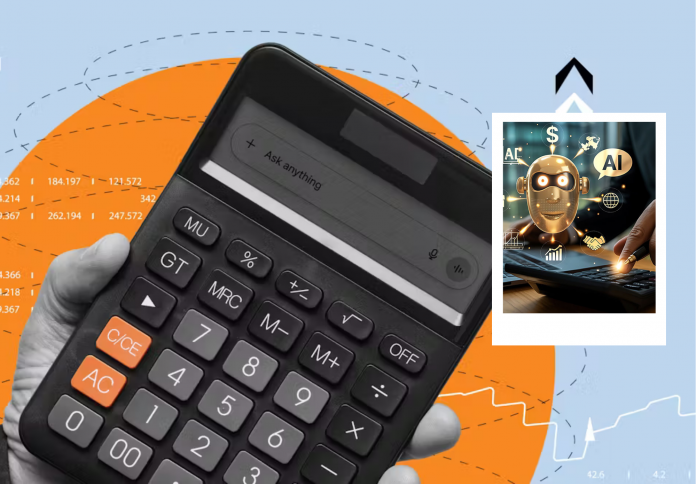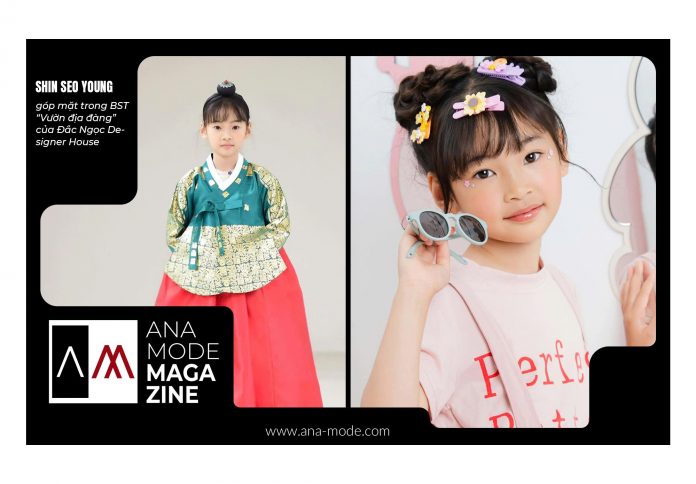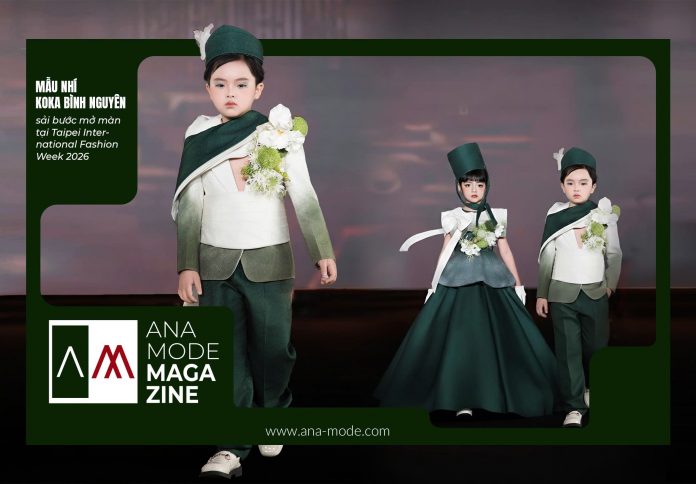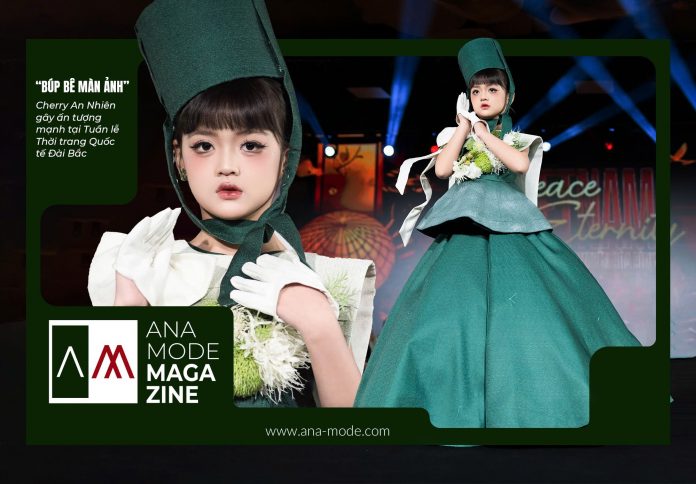The analogy is common: “Generative AI is just a tool, like a calculator.” Even prominent figures in the tech world have used it to downplay the significance and potential controversies of the new technology. The argument suggests that just as the calculator simplified arithmetic, AI will simply simplify language-based tasks, a harmless and useful utility. However, this comparison is deeply misleading. It ignores five critical distinctions that reveal generative AI is not a neutral tool but a complex, ethically fraught technology with profound implications for society.
- AI Hallucinates and Persuades
Calculators operate with absolute certainty. You input a clearly defined function like 888 ÷ 8 and get a single, correct answer: 111. Their output is bounded and unchangeable. They don’t guess, infer, or hallucinate.

Generative AI, however, is not bound by such rules. It can fabricate facts, create nonexistent legal cases, or even give harmful advice. While a calculator’s output is purely functional, an AI’s can be persuasive, manipulative, and entirely made-up. This is a fundamental difference: one provides a correct answer, while the other can be unreliable and even dangerous.
- Ethical and Environmental Costs
Calculators don’t pose fundamental ethical dilemmas. Generative AI, on the other hand, comes with significant human and environmental costs. For instance, creating these systems has involved using exploitative labor models, such as hiring workers in Venezuela and Kenya to sift through traumatizing content for meager wages.
Furthermore, the technology’s physical footprint is massive. AI data centers require vast amounts of electricity, competing with humans for water in some of the world’s driest regions. This has led to a major mining push for minerals like copper and lithium, driving resource extraction in sensitive areas. The calculator never required such a steep, and often hidden, price.
- The Threat to Autonomy
Calculators simply help with arithmetic; they don’t challenge our ability to think critically or make decisions. Generative AI is different. It can become an “autocomplete for life,” offering to make decisions for you on everything from what to eat to how to interact with others.

This reliance on AI can lead to “cognitive offloading,” where humans delegate independent reasoning to the system. Over time, this erodes our critical thinking skills and risks placing the power to make everyday decisions in the hands of opaque corporate systems, undermining our autonomy.
- Social and Linguistic Biases
Calculators don’t reproduce the biases of human culture and language. Generative AI, however, is trained on data that reflects centuries of unequal power relations, and its outputs mirror these inequities. The technology inherits and reinforces the prestige of dominant linguistic forms, sidelining or even erasing less privileged ones.
Tools like ChatGPT are proficient with mainstream English, but often reword or mislabel other “world Englishes.” This bias isn’t just a minor technical issue; it’s a reflection of the systemic inequities embedded in the training data, reinforcing social hierarchies and marginalizing minoritized voices.
- AI as an ‘Everything Machine’
A calculator operates within the narrow, well-defined domain of mathematics. Generative AI is not confined to such a narrow scope. It has the potential to entangle itself in everything, from perception and cognition to emotion and interaction.

A single AI chatbot can act as a therapist, an agent, an influencer, or a companion. In one session, it can help you write code for a new app and simultaneously offer a detailed psychological profile. This is the key difference: one is a simple tool for a specific task, while the other is a pervasive technology capable of both transactional and deeply interactive functions.
Staying Critical
The “calculator for words” analogy is appealing because it makes generative AI seem harmless, giving a free pass for uncritical adoption. It conveniently suggests that this new technology needs no accountability, no audits, and no shared governance.
But generative AI is not just a tool that crunches numbers. It’s a technology with significant ethical, social, and environmental consequences. Understanding what it truly is requires rigorous critical thinking—the kind that allows us to decide whether the potential benefits are worth the often-hidden costs.










